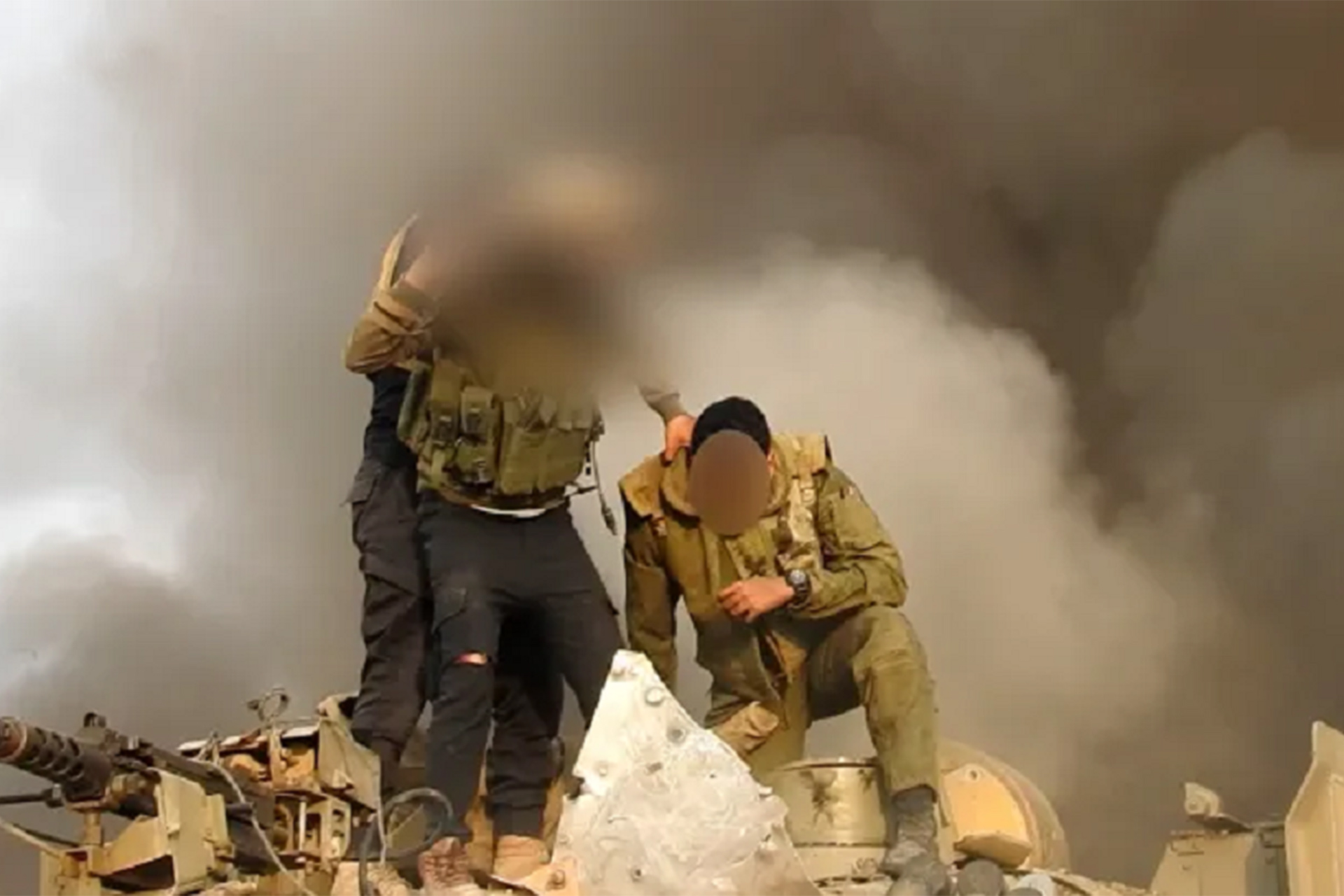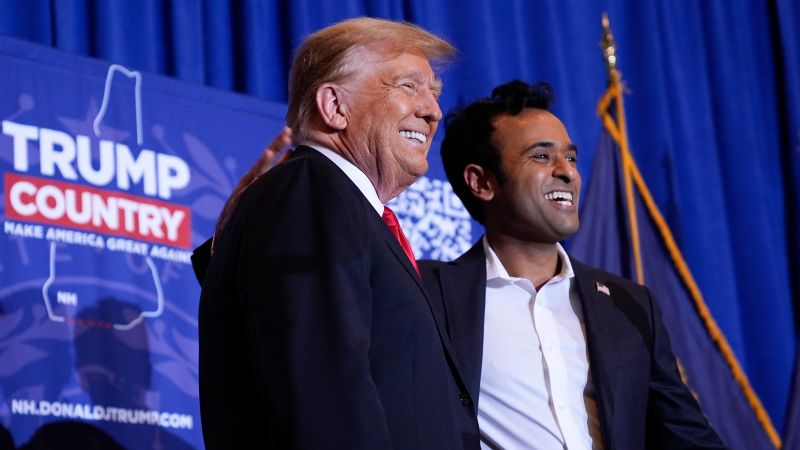The “Al-Aqsa Flood” operation, which occurred on October 7, 2023 AD, deserves everything that was said and written about it, and what will be said and written in the future, in terms of praise and appreciation. If there was sufficient will to invest in it, it would have constituted a historical turning point that would lead to changing the political reality of many Arab countries. and Islamism in the region, and it would have been the beginning of the end of an era of domination, colonialism, and orgy in the entire region.
To the extent that it enabled the Palestinian people to re-present their great image and their tremendous ability to withstand and produce a unique and exceptional resistance, it revealed the nature of the Israeli occupation and the extent of the weakness and fragility from which they suffer on more than one level.
After more than 100 days have passed since this battle, it is necessary to highlight a number of gaps accompanying the battle that require immediate action to fill and address them, if not in order to support the Palestinian resistance and the legitimate struggle of the Palestinian people, then in response to the human conscience and religious and national values to stop these… The open massacre and genocide carried out by a fascist army that violated all international laws and norms, and challenged and continues to challenge all international institutions. And also to try to remind ourselves of the duty on the one hand, and of the opportunity that still exists to invest in this exceptional battle.
Perhaps among the most prominent gaps in the scene accompanying the heroic stance in the Gaza Strip are the following:
- First: The non-involvement of all Palestinian components in the battle, and what is meant here is the West Bank, the territories occupied in 1948, and the Palestinian people in the diaspora, as the contribution of these components in the battle is still limited and does not rise to the required level that would make them contribute directly and effectively to achieving a qualitative Palestinian national achievement.
Although the length of the battle should constitute an incentive and objective justification for these components to engage in the battle, regardless of the mechanisms, means and tools, in a manner that takes into account and is compatible with the nature of each geographical region and each Palestinian component.
But it is illogical for its role to remain limited to solidarity and moral contribution. There must be clear, direct and influential involvement in this battle. Perhaps this is one of the most important crises that the Palestinian national struggle has suffered over many decades, as the leadership of the Palestinian national movement was unable, even for once, to mobilize all components of the Palestinian people in all their locations in a joint battle against the occupation.
The Palestinians must put an end to this crisis and plan well to wage their confrontations in a unified, integrated and coordinated manner in the battle to liberate their land, gain their independence, and confront this fascist enemy.
- Second: The political performance of the official Palestinian leadership. The PLO and the Palestinian Authority suffer from this battle: a major gap in the performance of the political level, as the official Palestinian political leadership – and what is meant here is the leadership of the PLO and its diplomatic corps, representatives, and institutions – seems completely inconsistent with the battle, and does not deal with it in a proper manner. You deserve it.
While the Palestinian people are fighting an unprecedented battle in their history with all valor and steadfastness, and the resistance movements are innovating in the field, the political leadership is showing a great inability to perform, which indicates a separation from reality and isolation from the movement of the Palestinian people. Perhaps this dilemma is one of the reasons that prolongs this aggression and these massacres against the Palestinian people.
There is still time and the necessity is still urgent for political action and performance that rises to the level of this confrontation. Palestinian reunification first, and action at the Arab, Islamic and international levels to curb this aggression initially, and then to invest in it politically in a way that serves Palestinian national aspirations and rights – is the duty of the moment.
- Third: The Palestinian division: The Palestinian division is also a major loophole in the scene, and it is a major weakness for the Palestinians, in which the occupation invests greatly. He is also supported in this by the United States of America, which has invested in this issue since the beginning of the war, and is making great efforts, speaking openly and frankly about the necessity of maintaining calm in the West Bank, and removing every fuse that might lead to inflaming the situation there. This means, in one way or another, working to ensure the continuation of the Palestinian division.
The division, which took geographical, political, and field forms, turned into a division between the West Bank and the Gaza Strip, and between the Hamas and Fatah movements, or between the resistance and the political leadership, which should be paid close attention to.
If, in light of this abundant blood and these non-stop massacres, the Palestinians cannot overcome their divisions, then when will they be able to do so? If all these sacrifices, this steadfastness, this heroism, and this global rally around the Palestinian issue do not push the Palestinian leadership to overcome division, put the Palestinian house in order, and achieve unity, then what can do that? Where are the Palestinian forces, factions, unions, and federations in this matter? Why have we not witnessed any pressing action to achieve unity and contribute to protecting the Palestinian people, their resistance, and their potential achievements from this battle?
- Fourth: The absence of the official Arab and Islamic backing, and the weakness of popular interaction: No one can imagine the amount of pain and bitterness felt by the Palestinians, especially in the Gaza Strip, as a result of the betrayal and weakness of the official Arab and Islamic positions.
Despite the show of the Palestinians in general, and the leaders of the resistance in particular, of condescension to wounds and keenness in dealing with Arabs and Muslims, as they continue to appeal to them, thank them, and praise some of their positions for their weakness, the extent of their pain and sense of bitterness is very great. No one imagined that weakness would reach the point that a nation numbering more than two billion people, with a great deal of potential and capabilities, would be unable to extend a helping hand to an oppressed people, who were essentially fighting on their behalf and in defense of their sanctities.
This nation is unable to provide support, at least in the humanitarian aspect. Some were optimistic about the OIC meeting, but they were quickly disappointed. If this inability shown by the Arab and Islamic world continues as it is, the Arab and Islamic world will be facing a new era of American hegemony and Zionist orgy that may continue for decades to come.
- The fifth and final point: The lack of military support for the resistance, as the imbalance of military power is enormous. Given the absolute Western bias towards the occupation, and the inability of any Arab and Islamic country, or even the international powers that believe in the Palestinian right and also believe in human rights and values such as freedom, justice, the right to self-determination, and the right to resist colonialism, to provide tangible, direct, and material support to the Palestinian resistance, in a way that helps in bridging this The huge gap in military capabilities and capabilities.
The balance that exists on the field today, despite the great difference in military capabilities, is due to Palestinian heroism, steadfastness and steadfastness, and perhaps what made a big difference and tipped the equation of the field in favor of the Palestinian resistance is the resistant and exceptional Palestinian person, who resists with all valor and with the minimum of material and military capabilities and annihilates all… These losses in a heavily armed army – and supported by the most powerful international powers, especially the United States of America, which launched air and sea bridges to supply it with ammunition and weapons – prevent it from achieving any of its goals in this war. What would the situation be like if the resistance was supported militarily and supported by some of its brothers?
The continued existence of these gaps constitutes a danger not only to the Gaza Strip, the people and the resistance, but also to the future of the Palestinian issue with its various components, and the continuation of the positions of the various parties – as they are mentioned above – will be recorded as failure and abandonment of religious, national, national and moral responsibility in an instant. A historical milestone, and it will be reflected in those parties and their future, in the medium and long term, whether through the interaction of internal or external factors linked to the hegemonic countries in the world.
The occupation’s talk about the third phase of the war, which could last for months or more, opens the way for Palestinians everywhere to engage in a long wave of resistance with the occupation, similar to the second intifada, the “Al-Aqsa Intifada,” which could lead to the defeat of the occupation and the achievement of some Palestinian political rights. It pushes the world to acknowledge the necessity of resolving the Palestinian issue, and that no one can ignore the Palestinians and their cause.
It may also constitute an opportunity for all Arab peoples and countries to reconsider their calculations and modify their positions in a way that is consistent with their religious, national and humanitarian duties, and in a way that serves their interests and future.






